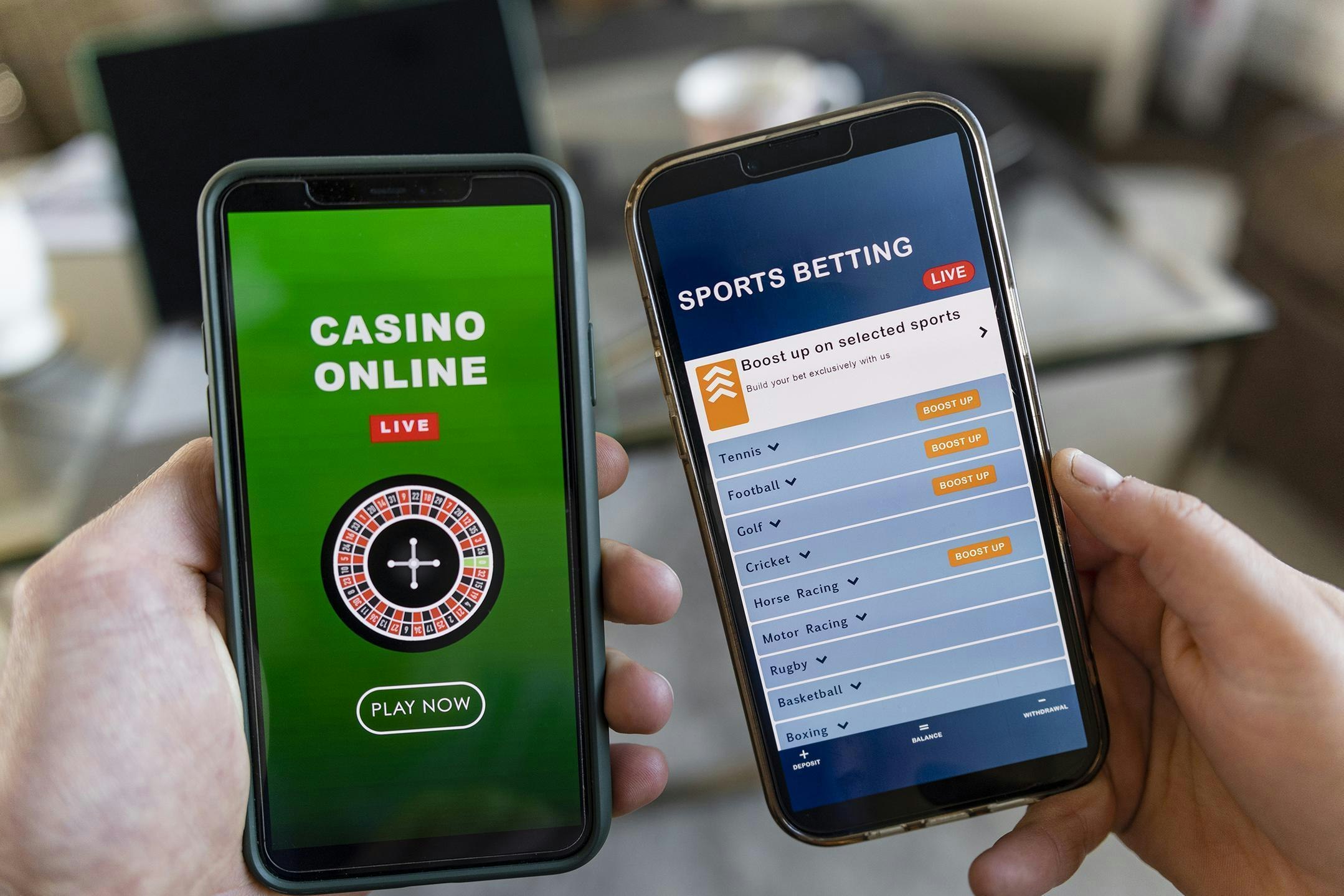This article is taken from the May 2025 issue of The Critic. To get the full magazine why not subscribe? Right now we’re offering five issues for just £10.
Last week I filled out an online form from my GP for a repeat prescription of some pills I have to take. After I had pressed submit, a new page popped up. Did I gamble? it asked me. If I did, could I have a problem?
I was tempted to send them my last fortnight’s betting slips with the covering note, “Two weeks of betting and barely a penny back — if that’s not a problem, what is?” But I resisted because, well, by “problem” they didn’t mean “can’t back a winner”.
The pathologising of gambling is the untold story of the past few years’ attacks on betting and those who bet. As I have detailed in previous columns, the moral panic about the spread of gambling addiction has grown with every passing year, posing an existential threat to racing. But one less remarked upon aspect of all that has been the way in which gambling has been seized on by the public health industry as yet another field into which it can extend its reach, with the notion that gambling itself is harmful in a medical sense — that any form of gambling is a form of gateway into the ruin of gambling addiction.
The form I was presented with is a product of new guidelines by NICE (the National Institute for Heath and Care Excellence), which in January told GPs they should ask patients about their gambling habits. The latest figures from the Gambling Survey for Great Britain, published in February, record that “overall participation in any gambling activity (in the past 4 weeks) was 48 per cent”, which is the latest fuel for the notion of a supposed massive national problem.
That figure shows nothing of the sort, of course, but how you react to it is key. When you remove taking part in the lottery or buying scratchcards, the participation figure falls to 15 per cent. But if you think gambling is harmful in itself, then taking part in the lottery is no less problematic. You might also think the 48 per cent participation rate is indicative of a national disaster.

Asked why they gambled, the two most popular reasons given in the survey were “for the chance to win big money” and “because it’s fun”. For the anti-gambling lobby, any “fun” is a form of false consciousness because in reality you are dicing with addiction.
Which brings us to Dr Matt Gaskell, the head of the NHS Northern Gambling Service, who in September 2022 was appointed by NICE as its topic lead on drawing up clinical guidelines for gambling.
Dr Gaskell appears to believe that the real issue is not problem gambling but gambling itself. He wrote that “gambling is harmful to health” and that the government should “put an end to the damaging and industry-friendly ‘responsible gambling’ campaigns and messaging”. If all gambling is bad, there can be no such thing as responsible gambling. Hence the new NICE guidelines.
Dr Gaskell is just one small cog in this wheel, but he typifies how the public health lobby has fused with the wider campaigns by those who object to gambling per se. Take the new levy on gambling firms which is due to come into force in October as a result of these campaigns. The levy is expected to raise at least £100 million a year, with the money to be handed to the NHS, again as a result of the medicalisation of gambling as an issue.
In February, Stephanie Peacock, the minister responsible, confirmed that this would be overseen by the Office for Health Improvement and Disparities (OHID) in the Department of Health and Social Care. As she put it: “Building the public’s understanding of the risks associated with gambling-related harm is crucial to preventing harm before it occurs. Population level campaigns could be used to raise awareness of gambling-related harm.”
In other words, the NHS will now be at the forefront of telling people how harmful gambling is.
What’s clear from this is that attacks on gambling are no longer merely a political issue which can be tackled at the level of politics and campaigning. When an issue is medicalised then — as we have seen with the ever-expanding definitions of mental health issues — it becomes almost impossible to counter. The public health industry brooks no opposition. That is the real problem now.












